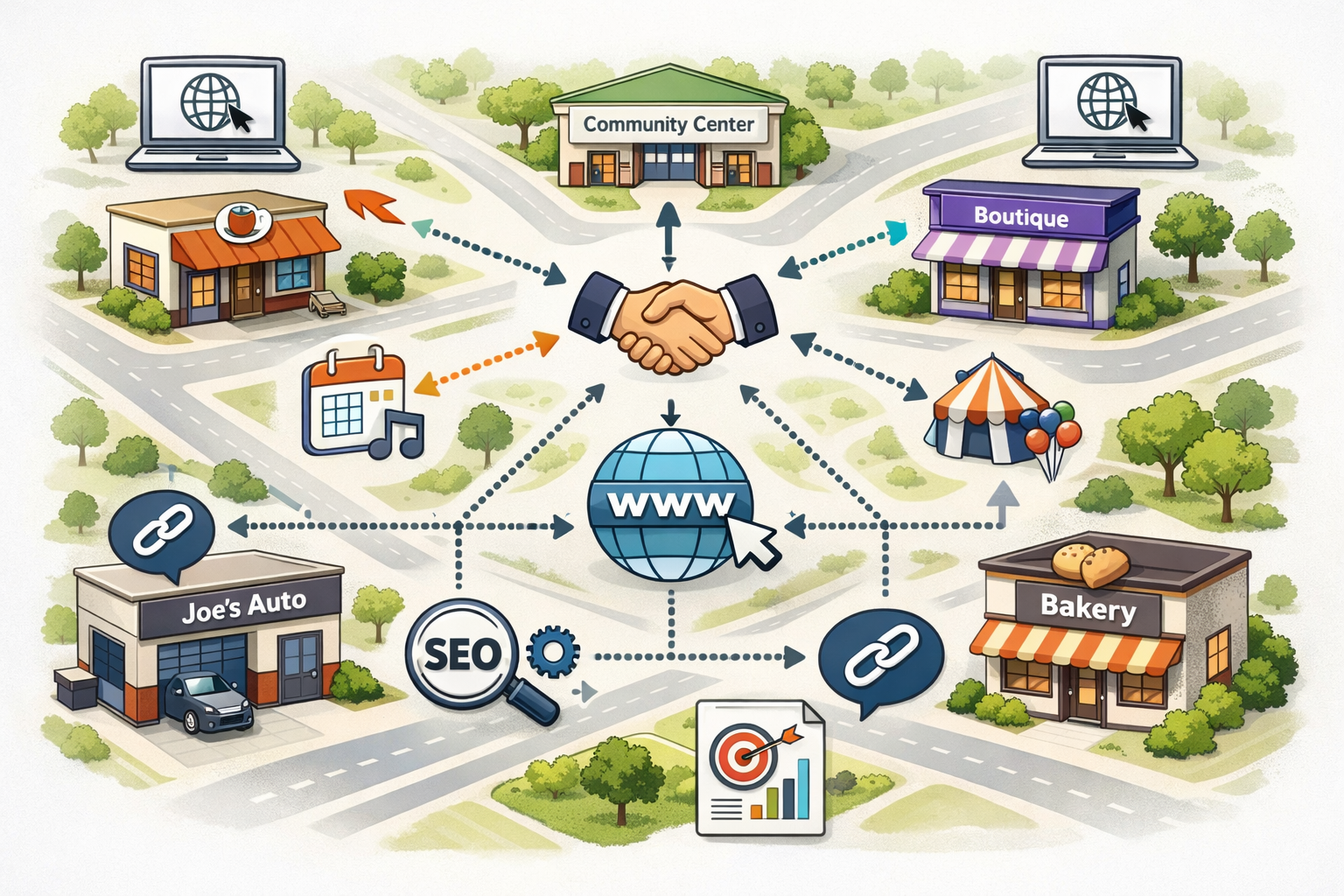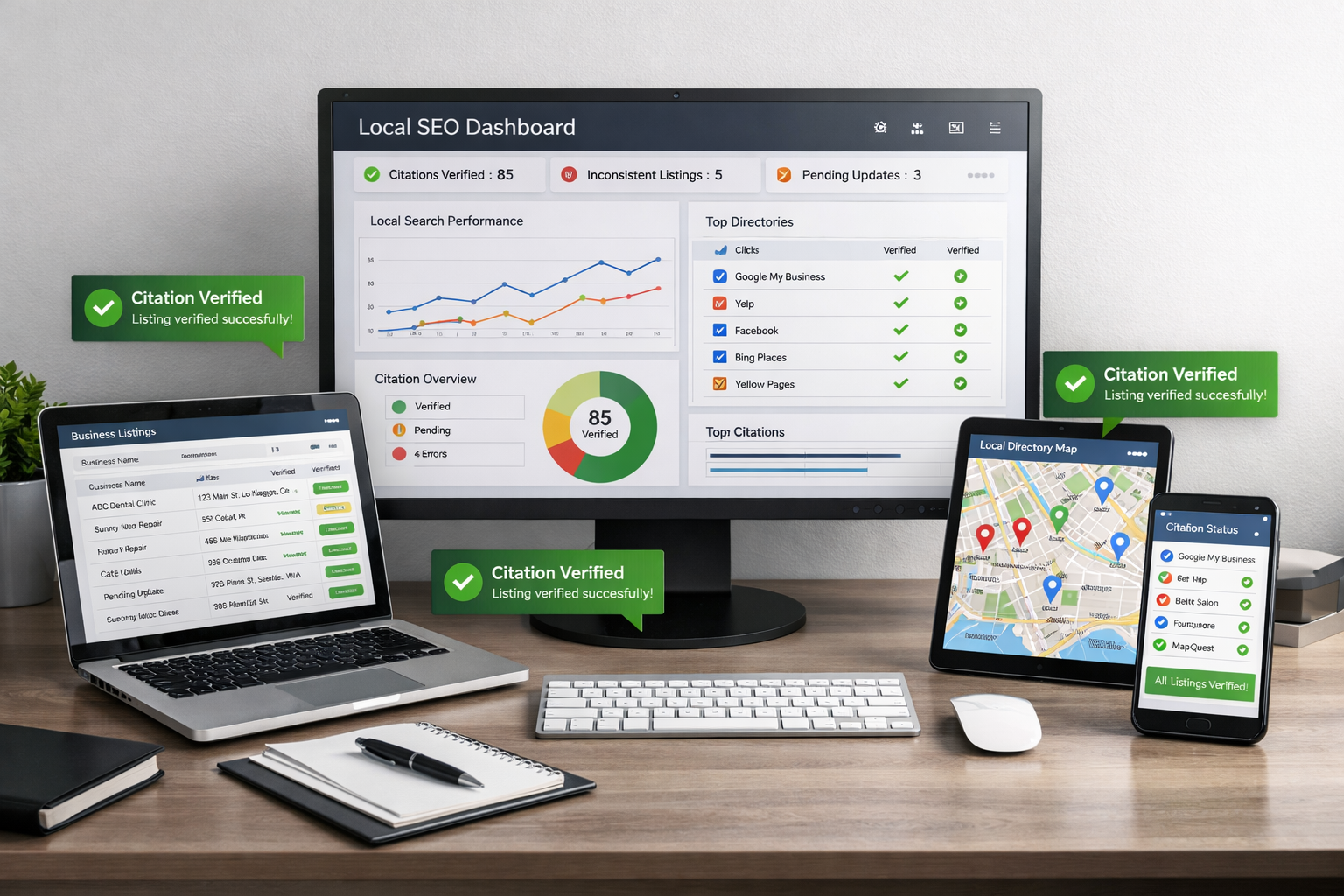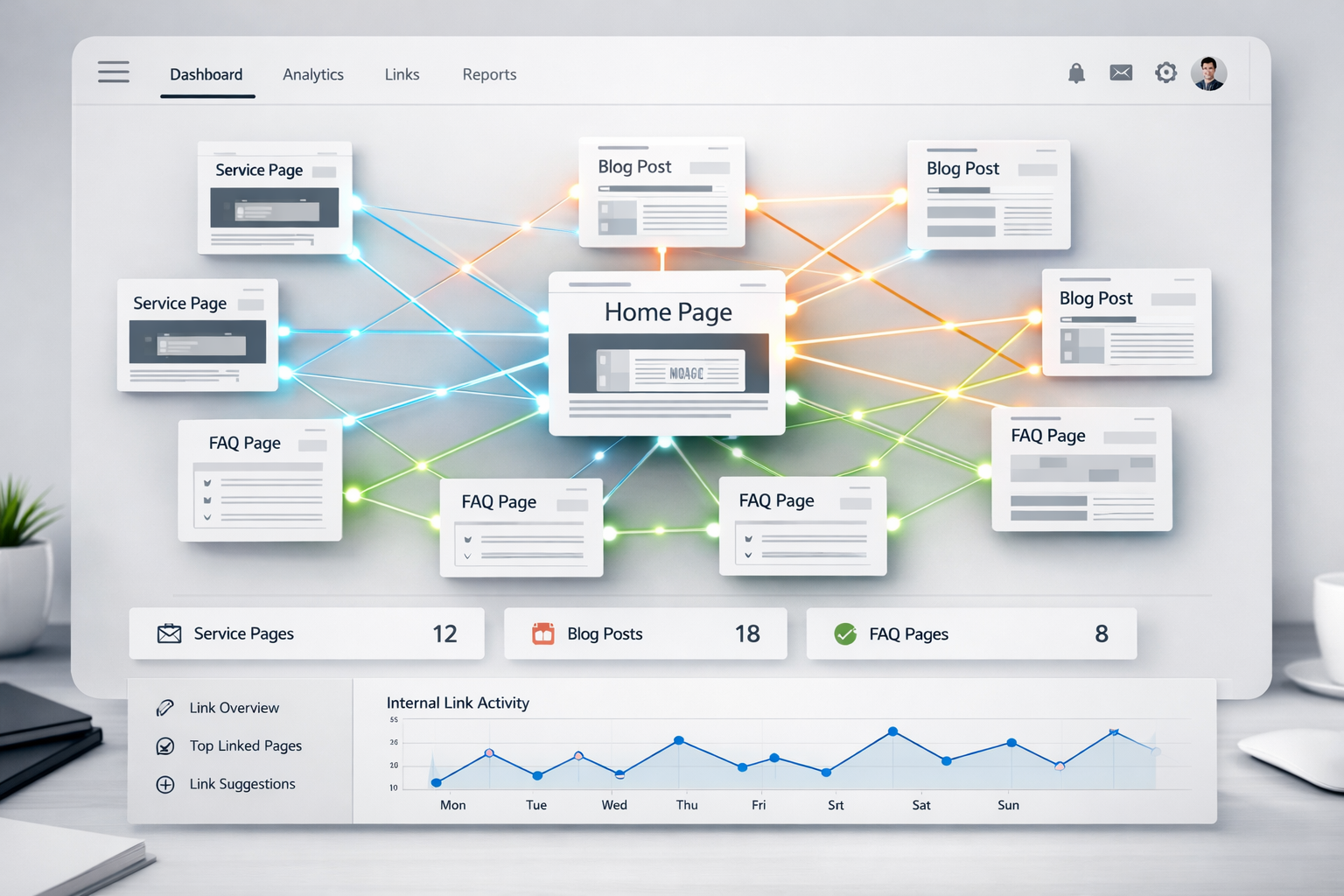How can I make my content more likely to appear in ChatGPT answers?
Appearing in ChatGPT’s answers isn’t just a new SEO vanity metric; it’s fast becoming a pillar of digital visibility. As AI and large language models (LLMs) like ChatGPT, Gemini, and Perplexity transform how users discover content, businesses that previously battled for the front page of Google must now compete to be summarized, cited, and trusted by AI. The new gatekeepers—AI assistants—pull from billions of web pages to construct direct, conversational responses, meaning only content that’s structured for both human clarity and machine usability rises to the top.
If your site’s content is invisible to these engines, it’s invisible to millions of users who increasingly bypass traditional search. This deep-dive explores 10 actionable strategies to make your content stand out—and get surfaced—by ChatGPT and other generative engines, moving you closer to the AI-powered future of SEO.
Understand How ChatGPT Sources Content
ChatGPT constructs answers by referencing a mix of “trusted,” public content—page text, structured data, entities, and sometimes real-time web browsing through search indexes like Bing. To maximize visibility:
- Content must be accessible to Bing and Google’s crawlers.
- ChatGPT leans on authoritative, clear, and well-cited sources—think Wikipedia, industry leaders, official documents.
- Schema markup and structural cues make your information easier for bots to parse and surface.
- Domain authority and trustworthiness still matter: sites with strong E-E-A-T (Experience, Expertise, Authoritativeness, Trustworthiness) may be favored.
Most importantly, ChatGPT answers questions—not just keywords—so optimizing for query intent and completeness pays dividends.
Write Like People Ask: Natural, Question-Based Formatting
ChatGPT and generative engines prioritize content written in a natural, conversational style. Here’s how to tailor content to real user queries:
- Use headers and subheadings framed as questions (“How do I improve local SEO?”).
- Match your page titles and meta descriptions to the phrasing of human queries.
- Start each section with a direct, succinct answer, then expand with supporting info.
- Bullet points and numbered lists make extracts easier for AI and more helpful for readers.
- Avoid jargon and overly technical explanations—write for clarity, not just search engines.
Q&A formatting, FAQ sections, and dialogue-style writing enable ChatGPT to identify and cite your answers directly.
Structure Content for Machine Readability
A machine-friendly layout is crucial. Generative models skim for well-ordered, semantic content that’s easy to parse. For example:
- Use a clear hierarchy: H1 for titles, H2/H3 for sections, logical grouping of related subtopics.
- Keep sentences and paragraphs short.
- Interlink related content to reinforce your site’s topical authority and help AI contextualize pages.
- Use schema markup (FAQ, Article, How-to, etc.) so search engines and LLMs can recognize the structure and role of each piece of content.
Breaking complex ideas into sections and making use of semantic headings increases the odds of being “quoted” by ChatGPT for both primary and longtail questions.
Boost Authority and E-E-A-T Signals
AI engines prefer content from sites—and authors—perceived as authoritative. Bolster your E-E-A-T:
- Demonstrate topical expertise through detailed, accurate, and insightful answers.
- Cite reputable sources and include outbound links to credible sites when possible.
- Display author credentials and bios for medical/financial/legal advice.
- Keep your “About” page updated and consistent.
- Encourage trustworthy third-party mentions and positive reviews, which LLMs use to assess reputation.
Showcasing experience and authority not only improves ranking in traditional SEO but also increases the likelihood of AI selection.
Emphasize Schema Markup and Structured Data
Schema markup makes a huge difference: it provides explicit signals to search engines and LLMs about what your page covers and how to use it. Key actions:
- Implement Article, FAQ, and How-to schema for guides, service pages, and blog posts.
- Use LocalBusiness, Product, Event, and Review schema where relevant.
- Validate schema using Google’s Rich Results Tester to ensure correct deployment.
- Keep markup updated with new properties and types as schemas evolve, especially Q&A and conversational content.
Structured data improves machine comprehension of your page, setting it apart as an authoritative, accessible answer source.
Optimize for Bing, Google, and Real-Time Indexing
As ChatGPT and other LLMs often use Bing for real-time information, full indexation there is critical:
- Submit sitemaps to both Google Search Console and Bing Webmaster Tools.
- Use robots.txt wisely—nothing should block key content sections.
- Check that pages are mobile-friendly and fast; both are ranking factors in Bing and Google.
- Audit your Bing rankings and “indexed” status; unindexed pages can never be cited in a live ChatGPT answer.
Ensure your pages are “findable” by both humans and machines at all times.
Use Semantic SEO and Content Clustering
ChatGPT responds not just to keywords, but to networks of related topics and entities. Build semantic networks:
- Cluster related topics together using internal links and pillar pages.
- Use synonyms, variations, and conversational phrases so AI can associate your page with a wider spectrum of user queries.
- Cover adjacent questions and related themes to build “topic authority.”
- Reference tools, brands, people, and places commonly asked about in your niche; LLMs use these as connecting points.
Semantic optimization encourages ChatGPT to recognize your page as a definitive resource for its subject.
Build Third-Party Mentions and Online Citations
Being cited by other credible sites dramatically improves the chance of your content being surfaced by ChatGPT:
- Pursue placements on high-authority aggregator, news, and review sites.
- List your business in authoritative directories (Yelp, Bing Places, Google Business Profile, Apple Maps, etc.).
- Seek mentions by influencers and in industry roundups.
- Garner positive customer reviews—especially for local businesses, as ChatGPT uses these to assess quality for recommendations.
Think of this as “AI PR” or digital brand visibility beyond your own website.
Stay Updated With AI Models and Platform Evolution
The AI landscape is changing at breakneck speed:
- Keep abreast of LLMs’ documentation and official model updates—ChatGPT, Gemini, Perplexity, etc.
- Monitor which plugins, browsing features, or real-time web access tools ChatGPT is using.
- Watch for shifts in how answers are constructed—sometimes direct web scraping, sometimes only from training data.
- Adapt formats, markup, and submission processes accordingly.
Staying agile in response to engine changes is crucial in the AI-powered search era.
Measure and Iterate: Track ChatGPT (and AI) Visibility
Currently, tracking mentions in ChatGPT and similar tools is manual or handled by emerging SEO platforms. Best practices:
- Regularly prompt ChatGPT, Gemini, or Perplexity with potential user questions and see which sources they cite.
- Use AI visibility trackers like OmniSEO or similar emerging tools for automated monitoring.
- Track site analytics to assess traffic changes driven by AI referrals.
- Gather anecdotal feedback from users on where they “found” your business—it may increasingly be through AI, not Google.
Measuring AI exposure will become as fundamental as tracking Google rankings.
final thoughts
Getting your content included in ChatGPT answers isn’t luck—it’s the direct result of intentional, AI-first content strategy. By writing for the way people ask questions, investing in structured data and schema markup, optimizing for Bing and Google, and demonstrating real authority in your field, any brand can make its voice heard amid billions vying for attention. As generative engines rewrite the rules of search, positioning your content for the conversational web will keep you not just visible, but vital, to your customers and community—now and for years to come.
This is where
GetPhound can make the difference. Our team helps businesses adapt to the evolving world of SEO and AI-driven visibility by crafting question-focused content, implementing schema markup, and optimizing for both Google and Bing to ensure your site is accessible to generative engines like ChatGPT. We also focus on building your authority and credibility online so that when AI assistants pull answers, your brand stands out as a trusted source. With GetPhound’s expertise, you don’t just prepare for the future of search—you thrive in it.











